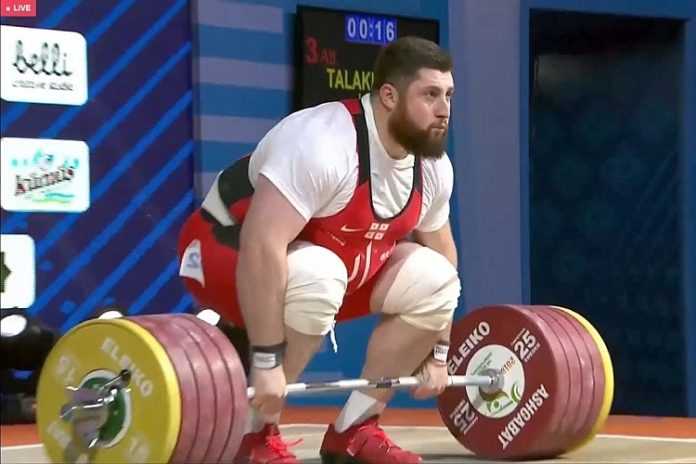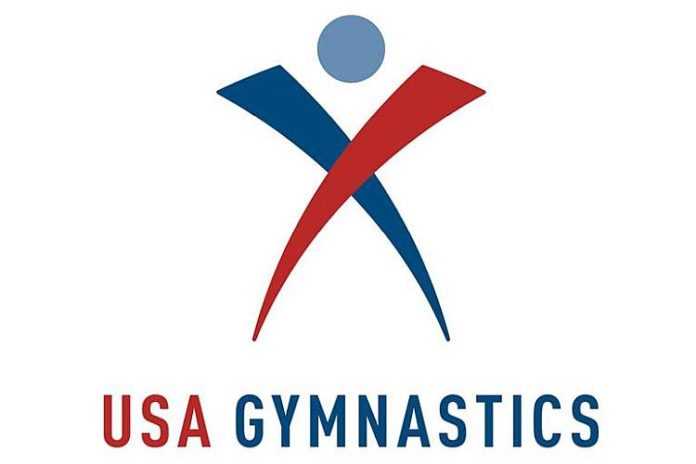This promises to be a turbulent week for the Olympic Movement with two major off-the-field events taking place in Canada and Azerbaijan and at the end of the month in Japan:
• 13 November (Tuesday): Referendum on the city’s bid for the 2026 Olympic Winter Games in Calgary (CAN).
• 15 November (Thursday): Meeting of the World Anti-Doping Agency Foundation Board in Baku (AZE).
• 30 November-1 December: International Olympic Committee Executive Board in Tokyo (JPN).
Here’s what’s at stake:
(1) Tuesday in Calgary: City referendum on the Calgary bid for the 2026 Olympic Winter Games
The roller-coaster ride that is the possible Calgary bid for the 2026 Games was supposed to be decided by the city’s voters on Tuesday. But even now that’s up for debate.
The reality is that the citywide referendum on the bid is non-binding on the City Council. The Calgary bid was almost derailed on 31 October by a Council motion to end it that was barely rejected, in favor of letting the referendum go ahead.
But even if the referendum comes out in favor of the bid, that does not mean that it will go forward. Last Wednesday, Calgary Mayor Naheed Nenshi told reporters that the referendum is advisory and that after the votes are counted, “Council will then vote on whether to continue or suspend. So if there’s a no vote, I imagine that council will vote to stop the work.
“If there’s a yes vote, that doesn’t necessarily mean yes at all costs. … It allows the work to continue. The Council still reserves the right, if there’s not a good deal there or if it doesn’t work for the city of Calgary, to pull out of the process.”
Early voting has been heavy and the limited polling which has been done is all over the map. So no one really knows what to expect. The pro-bid forces include Olympic athletes, the Chamber of Commerce and some housing advocates, because a new Olympic Village will be built that will added needed units to the area inventory. Against the bid are anti-tax campaigners and the modest “NOlympics” forces which have taken up the fight in Calgary. What is true is that the city would be in for C$390 million in direct support for the Games and have the risk of cost overruns.
(2) Thursday in Baku: World Anti-Doping Agency Foundation Board meeting in Baku, Azerbaijan
This meeting could be even more contentious that the Calgary fight over the 2026 bid.
WADA’s September reinstatement – with conditions – of the Russian Anti-Doping Agency (RUSADA) set off a civil war within the anti-doping community, with multiple calls for WADA reform, new leadership and complete independence from its funding sources, especially the International Olympic Committee (which provides about half of its annual budget).
The Executive Committe set a 31 December deadline for complete access to the actual database and records of the Moscow laboratory which was at the center of the Russian doping scandal from 2011-15. That group will meet on the 14th (Wednesday), one day before the Foundation Board meets in open session on Thursday. The Governance Working Group will report on the Russian progress and regulations are to be adopted for the WADA elections for Chair and Vice-Chair to be held in November 2019 in Poland.
Even a year out, there are electoral fireworks. One of the announced candidates for WADA Chair is Norwegian governmental minister Linda Helleland, who has been staunchly critical of the Russian reinstatement decision. But she has been targeted by others in WADA who are disinterested in her heavy-handed approach:
• Polish sports minister Witold Banka (POL), a former 400 m runner – whose 46.11 best came in 2007 – has put himself forward as a candidate for WADA Chair and says Helleland that she should step down from her current office of Vice President of the WADA Executive Committee as it gives her “an advantage” in the election and her candidature “may lead to a total collapse of the anti-doping system.”
• A proposal submitted by WADA Executive Committee member Amira El Fadil, the Commissioner for Social Affairs of the African Union (and a former Sudan social services minister) would require candidates for WADA Chair or Vice-Chair to be at least 45 years old. That would eliminate Helleland (41) and Banka (34), and there was wide suspicion that the idea was encouraged from inside WADA, although a WADA statement rejected this strongly.
This is hardball, Olympic-sport style, and will continue within WADA for another year, at least.
Beyond all of this is the IOC Board’s meeting at the end of the month, with the Olympic future of boxing and weightlifting still hanging in the balance, the 2026 Winter Games race still full of uncertainties and more questions about the cost of the Tokyo Games in 2020. Tranquility, anyone?
Rich Perelman
Editor

























